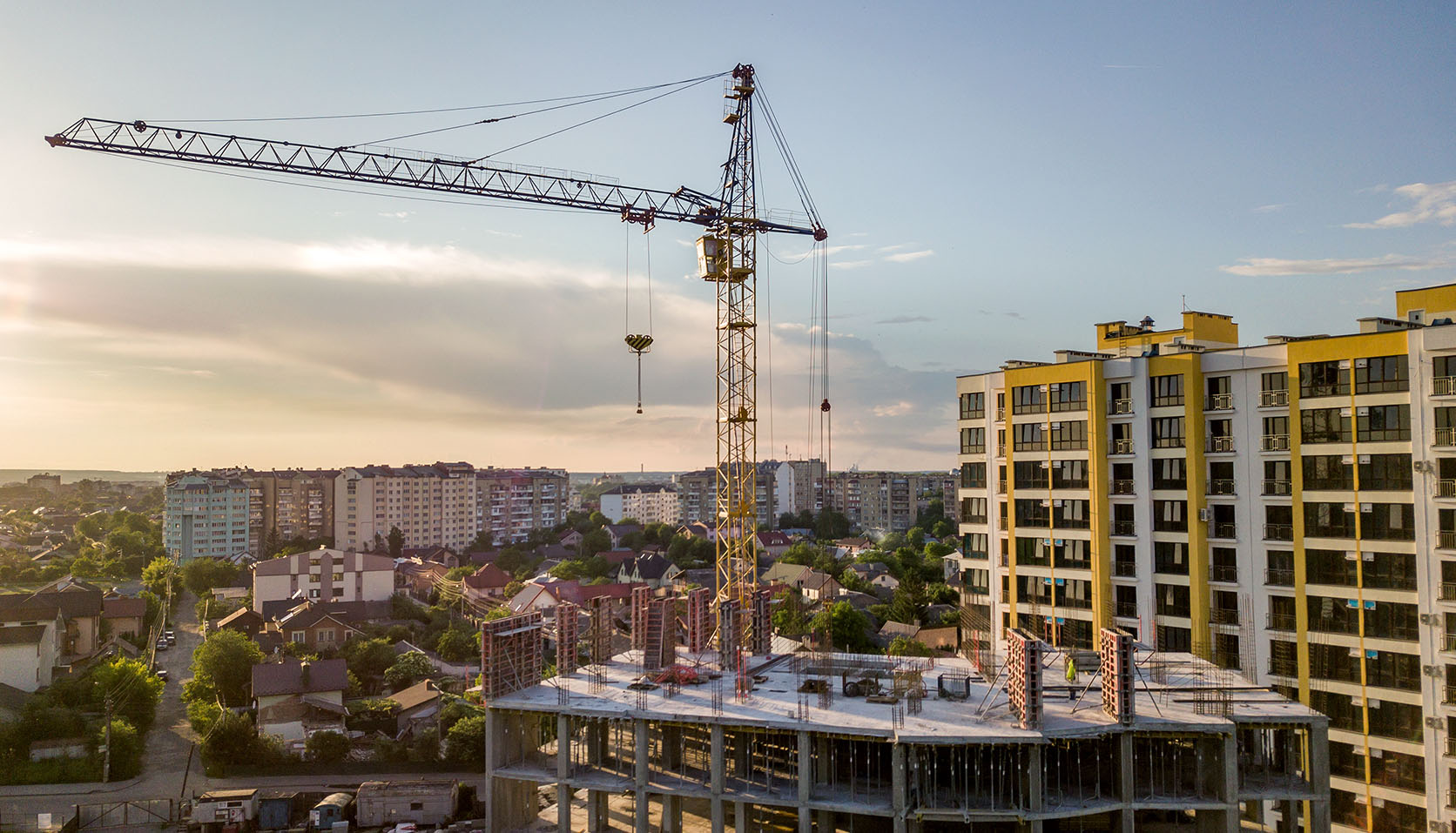Development charges in Toronto have been subject to change over time, influenced by factors such as infrastructure needs, municipal policies, and economic conditions. In this blog we explore insights into potential implications for various stakeholders if development charges were to increase:
-
Builders/Developers
An increase in development charges would directly impact builders and developers, as they would face higher upfront costs for new projects. This could potentially reduce profit margins or lead to increased housing prices to offset the additional expenses. Builders may also need to reassess their development plans and strategies in response to the higher costs.
-
Buyers
Higher development charges could indirectly affect homebuyers, as builders may pass on some or all of the increased costs to purchasers in the form of higher home prices. This could make homeownership less affordable for buyers, especially in an already expensive market like Toronto. Buyers may need to adjust their budgets or housing preferences in response to the changing market conditions.
-
Sellers
Sellers may benefit from increased development charges if they own existing properties, as higher costs for new construction could lead to increased demand for existing housing stock. This could potentially drive up property values and sale prices in the resale market, benefiting sellers who are looking to capitalize on their investments.
-
Investors
Real estate investors in Toronto may need to consider the impact of increased development charges on their investment strategies. Higher costs for new development could affect the supply of new housing units, potentially leading to increased competition for existing rental properties. This could influence rental rates and investment returns for landlords and property investors.
Overall, an increase in development charges in Toronto could have wide-ranging implications for builders, buyers, sellers, and investors in the real estate market. It’s essential for stakeholders to stay informed about regulatory changes and market trends to make informed decisions in response to evolving conditions.




